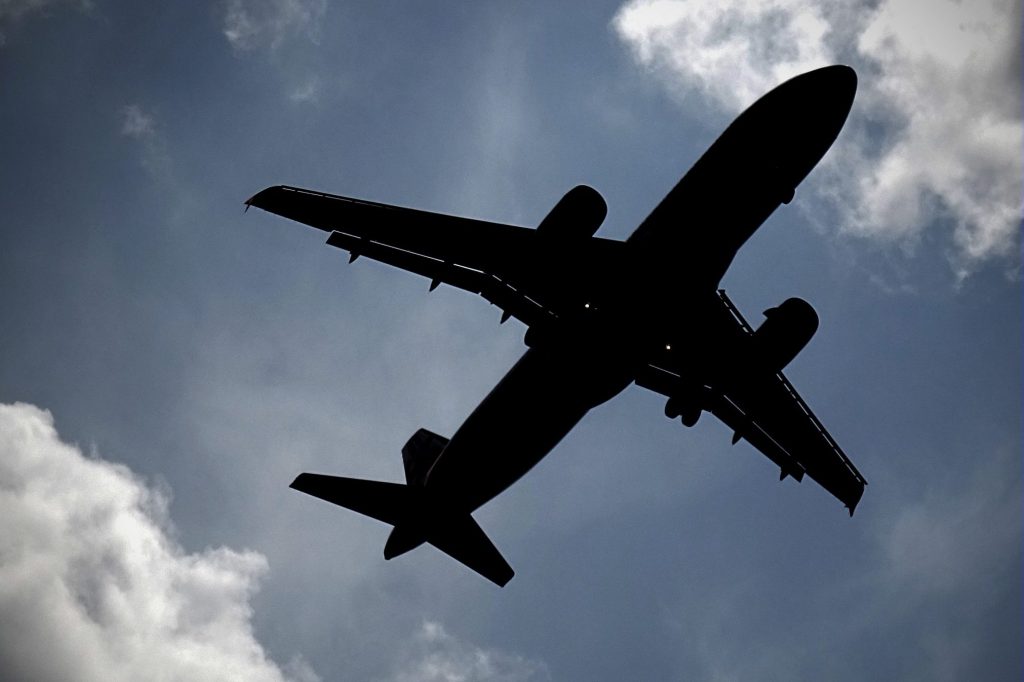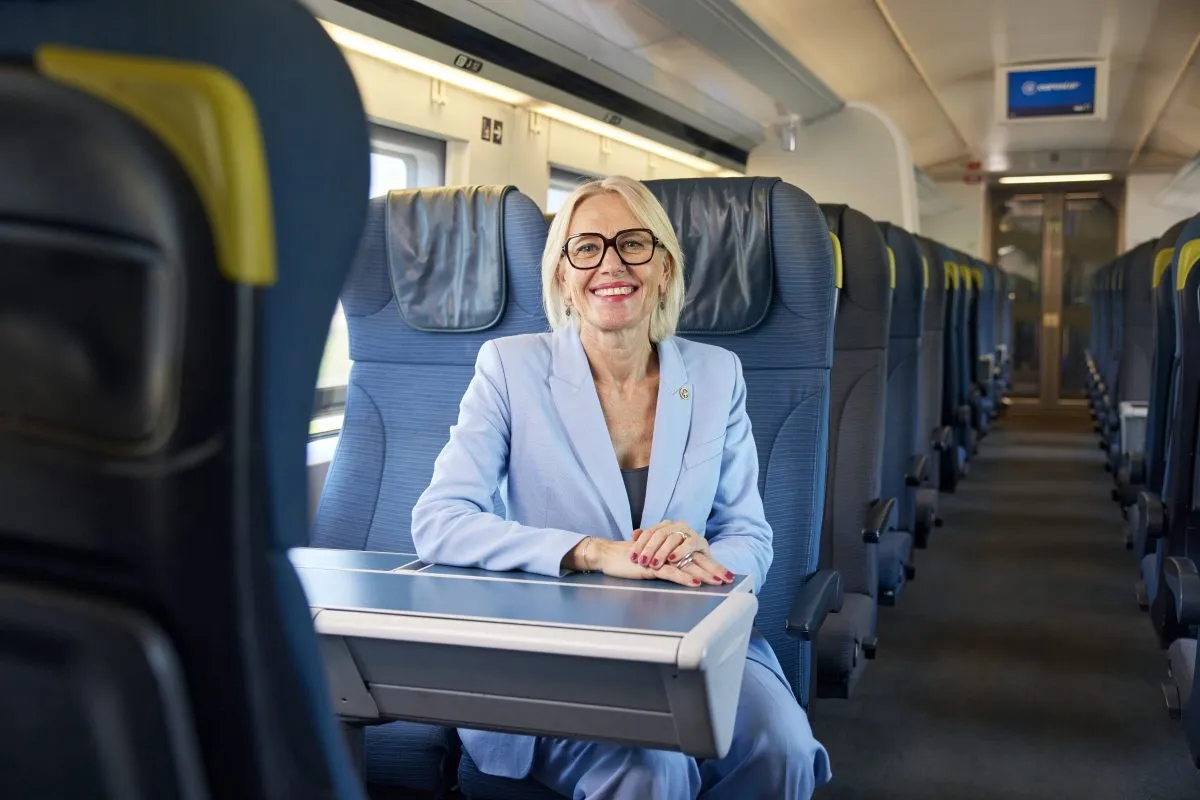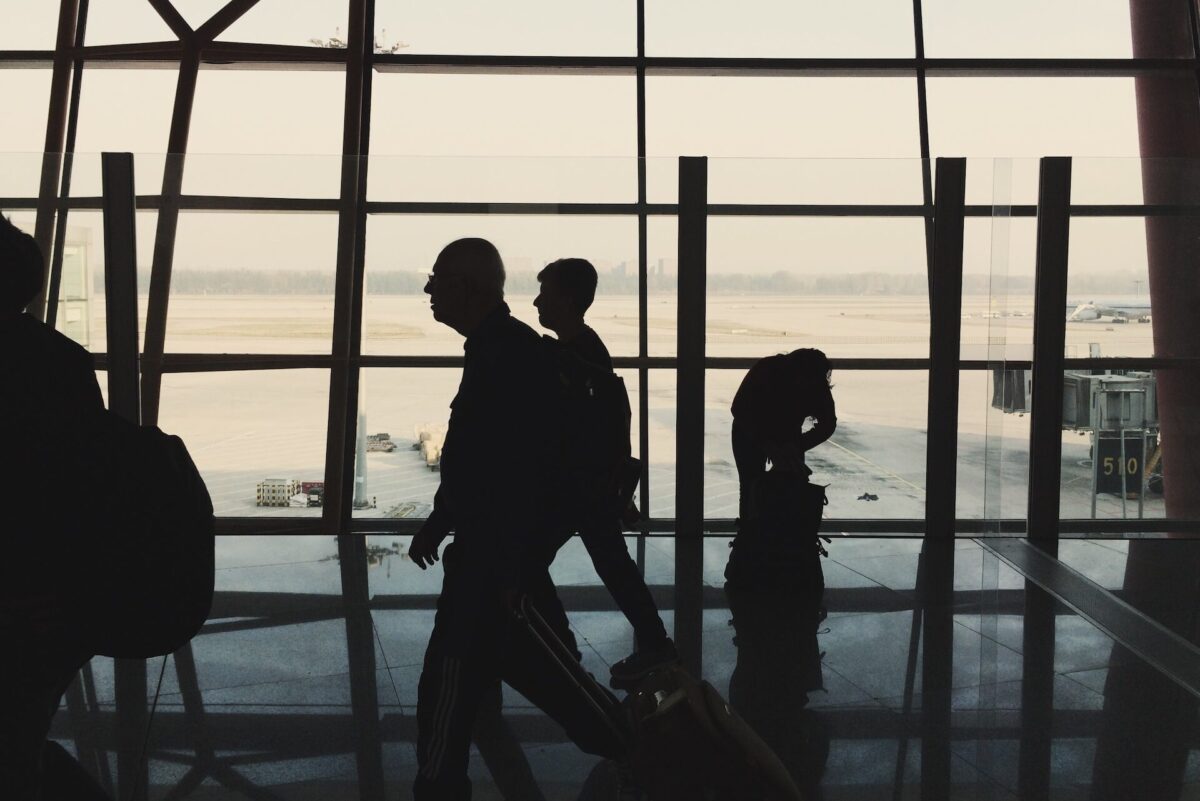The Anti-Flying Movement Is Slowly Starting to Hurt European Airlines

Skift Take
Teenage climate change activist Greta Thunberg gained plenty of plaudits for her impassioned speech at a recent protest in London, but the way she got to the United Kingdom was noteworthy in itself.
She crisscrossed Europe, giving a speech to the European parliament and meeting the Pope, before arriving in the UK and then returning to Sweden. The whole trip took a little over two weeks.
Thunberg's journey drew attention to the anti-flight movement, which is slowly starting to take effect, particularly in Scandinavia.
In its recently released half-year results, tour operator Thomas Cook said the “environmental movement against air travel” was impacting consumer “appetite for a summer holiday abroad” in its Northern Europe business unit.
“It’s clear that our industry is carbon intensive and that is not going to change rapidly in the coming year[s]. But we have a responsibility to tackle that impact,” CEO Peter Fankhauser said.
“Scandinavia is the first region where customers could want to purchase carbon offsets themselves as part of the booking journey.”
As the national airline of Denmark, Norway, and Sweden, SAS is well exposed to the changes going on in the region.
Max Knagge, general manager of Americas for the airline, recently told Skift that in the last few years the anti-flying sentiment had really shifted up a gear.
“People don’t want to show their friends, family, or community that they’re flying because it’s bad for the environment. So people stop posting pictures of their vacations on Instagram, frequent flyers that flash their cards saying they’re a status member. We see words like ‘train bragging’ coming up.”
'Frying the Planet'
The aviation industry might only be a single-digit contributor to global warming, but as a sector this is only likely to grow.
Passenger numbers are predicted to double to 8.2 billion by 2037, according to the International Air Transport Association, and moreover there doesn’t seem to be a viable solution on the horizon for the industry to completely decarbonize. Airlines might trumpet their carbon offset schemes, but they don't really solve the problem.
Unlike in the United States, in Europe jet fuel isn't even taxed, although this might be about to change with French President Emmanuel Macron pushing for change.
"Flying is the fastest way of frying the planet. The kerosene tax exemption subsidizes frequent fliers and business travel, fueling runaway emissions and depriving government budgets. It’s high time finance and climate ministers woke up to this reality and put an end to it," said Bill Hemmings, aviation director at campaign group Transport & Environment.
With climate change starting to become a much bigger priority for people, there’s now a growing movement questioning the need to fly.
In recent years most of the noise has come out of Scandinavia and in particular Sweden, where a series of new words and phrases have appeared that characterize the thinking. "Flygskam" (flying shame), “tagskryt” (train bragging), and “smygflyga” (flying in secret) are all now in use.
After becoming interested in rail travel, Susanna Elfors co-founded a train vacation Facebook group in 2014, which now has almost 90,000 members. People share tips on how best to get around.
Together with Andreas Sidkvist, Elfors now runs a travel agency and hopes to turn this into a booking site in the future.
"When you decide to go by train for your vacation, it's hard to book now, it's really hard, at least if you're going abroad," Elfors said.
The likes of Trainline and Loco2 all do offer European train travel but travel is restricted to scheduled trains. In the future we might see the resurgence of train charters that take people to various locations. Ironically, Thomas Cook, the man who gave his name to the travel company, used a train for his first excursion in 1841.
The idea of taking a slower yet more environmentally friendly form of transport is starting to catch on in Sweden. Elfors said the moment it started to go mainstream was when Greta Thunberg's mother Malena Ernman, herself a famous opera singer, turned down a gig because of the long flight involved. It's now started to spread, with groups taking seed in Norway and Finland.
"People are starting to think of this in other countries," Elfors said.
Enough people are now actively avoiding flying —or at least talking about it — for businesses to start taking notice.




